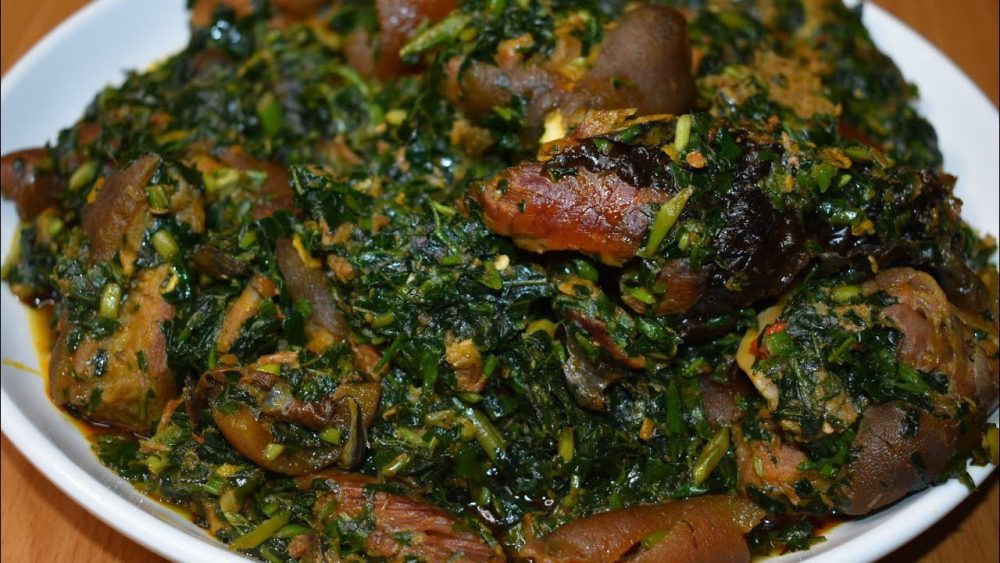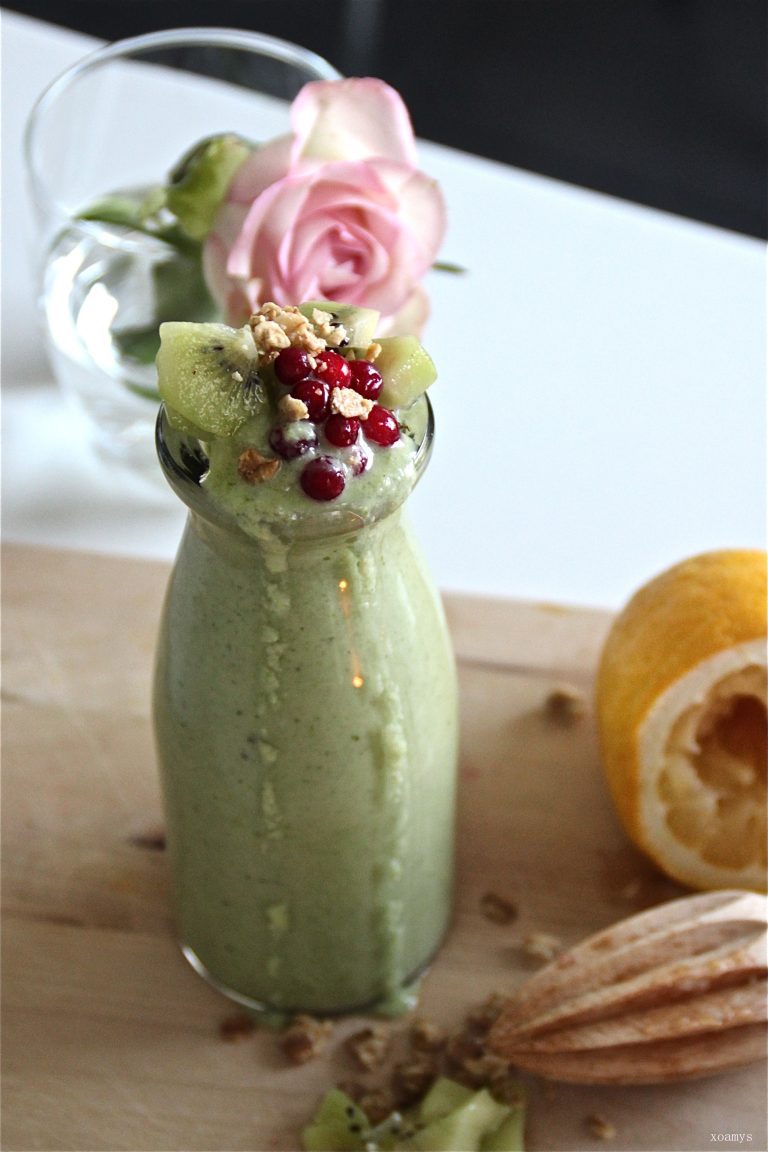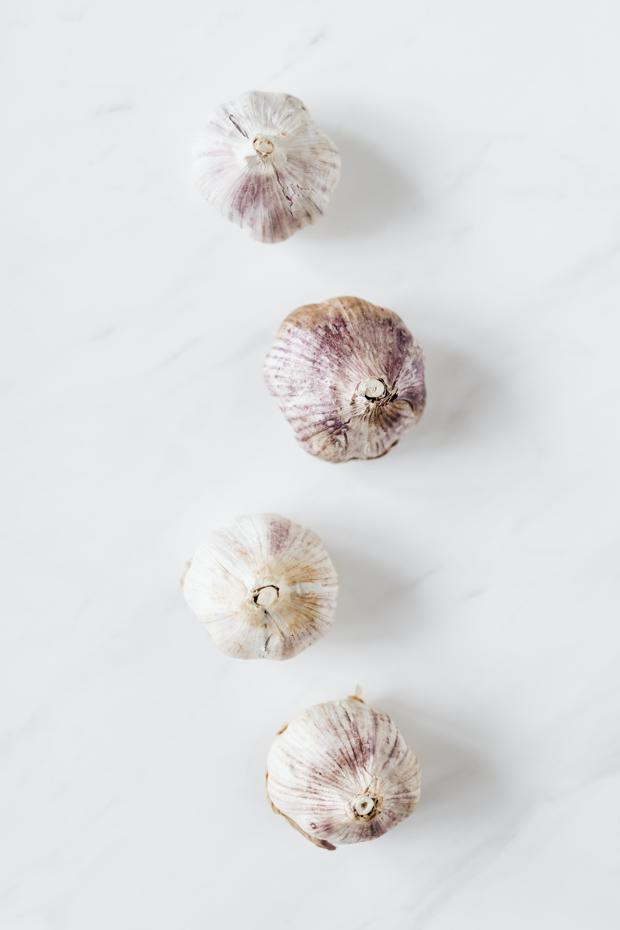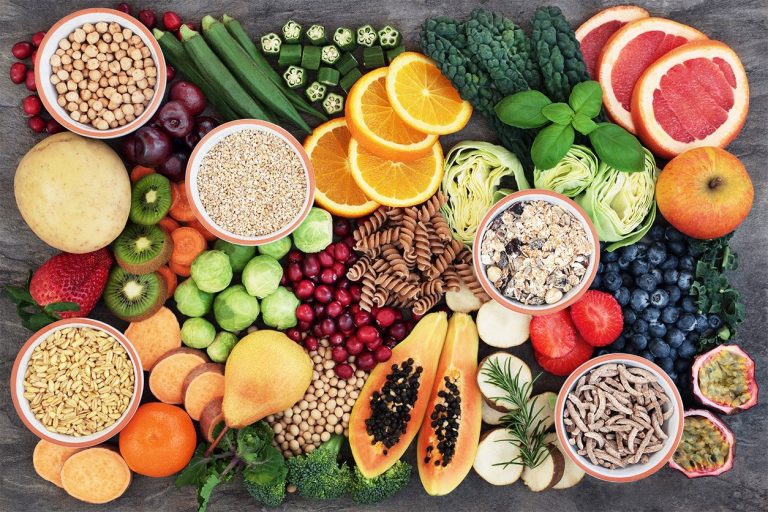Nigerian Vegetable Soup Best Edikaikong Soup
Nigerian Vegetable Soup: The Best Edikaikong Soup
If you’re a fan of Nigerian cuisine or if you simply love trying new dishes from around the world, then you have to try the mouthwatering Nigerian vegetable soup known as Edikaikong soup. Bursting with flavor and packed with nutritious ingredients, this traditional West African dish is sure to tantalize your taste buds and leave you craving more. So, grab your apron and get ready to learn how to make the best Edikaikong soup!
What is Edikaikong Soup?
Edikaikong soup is a delicacy originating from the Efik and Ibibio tribes in Nigeria, specifically the Cross River and Akwa Ibom states. It is a hearty and nutritious soup made with a variety of leafy greens and typically cooked with assorted meats, fish, and traditional Nigerian seasonings. The term “Edikaikong” means “vegetable soup” in the Efik language, which perfectly describes this flavorful and wholesome dish.
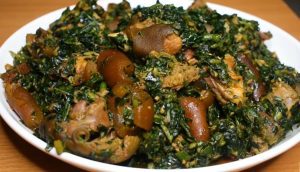

The Benefits of Edikaikong Soup
Edikaikong soup is more than just a delicious meal; it also offers numerous health benefits. Here are some notable advantages of including Edikaikong soup in your diet:
1. Nutrient-rich: Edikaikong soup is loaded with vitamins, minerals, and fiber. The combination of different vegetables like ugu (pumpkin leaves) and water leaves ensures that you are getting a wide range of nutrients in one dish.
2. Weight management: If you’re trying to maintain a healthy weight or shed a few pounds, Edikaikong soup is a fantastic option. It is low in calories but high in fiber and protein, keeping you feeling full and satisfied for longer periods.
3. Heart-healthy: This vegetable-packed soup contains ingredients like fluted pumpkin leaves, which are rich in antioxidants. These antioxidants help reduce the risk of heart disease and promote overall cardiovascular health.
4. Immune system support: The variety of vegetables and herbs used in Edikaikong soup provide vital nutrients and antioxidants that can boost your immune system. This can help protect your body against illnesses and infections.
How to Make Edikaikong Soup
Now that you know the benefits of Edikaikong soup, let’s dive into the process of making this delectable dish. Here’s a step-by-step guide:
Ingredients:
– 500g of fluted pumpkin leaves (ugu)
– 500g of water leaves (or spinach)
– 2 cups of assorted meats (beef, cow tripe, goat meat, etc)
– 1 cup of assorted fish (stockfish, dry fish, smoked fish)
– 1 onion, finely chopped
– 3-4 cups of meat stock
– 2 tablespoons of palm oil
– 2 tablespoons of crayfish, ground
– 2-3 scotch bonnet peppers, blended
– 3 seasoning cubes
– Salt to taste
Instructions:
1. Wash and cut the pumpkin leaves (ugu) and water leaves into small pieces. If you’re using spinach as a substitute for water leaves, wash and chop it as well.
2. Cook the assorted meats and fish with some chopped onions, seasoning cubes, and salt until they are tender. Set aside, but reserve the stock.
3. In a large pot, heat the palm oil and add the chopped onions. Saute until the onions become translucent.
4. Add the blended peppers and crayfish to the pot. Stir well and let it cook for a few minutes.
5. Pour in the meat stock and bring it to a simmer.
6. Add the assorted meats and fish to the pot, along with the stockfish. Stir everything together.
7. Allow the soup to cook for about 10-15 minutes on medium heat, to allow the flavors to meld together.
8. Stir in the chopped pumpkin leaves (ugu) and cook for another 5 minutes.
9. Finally, add the chopped water leaves (or spinach) and cook for an additional 3-5 minutes.
10. Taste and adjust the seasoning if needed. Add more salt, pepper, or seasoning cubes according to your preferences.
11. Serve hot with your favorite Nigerian staple, such as pounded yam, eba, or fufu.
Tips and Variations
– If you can’t find fluted pumpkin leaves or water leaves, you can use spinach as a substitute. However, keep in mind that the taste and texture will be slightly different.
– Feel free to experiment with different meats and fish. Traditional Edikaikong soup includes beef, cow tripe, and assorted fish, but you can use what you have available.
– Some people like to garnish the soup with a drizzle of palm oil at the end for extra richness and flavor.
– For added depth of flavor, you can include other Nigerian spices like ehuru seeds (Calabash nutmeg) or uziza leaves.
Frequently Asked Questions
Q: Can I freeze Edikaikong soup?
Yes, you can freeze Edikaikong soup. Allow it to cool completely and then transfer it to airtight containers or freezer bags. It can be kept in the freezer for up to three months. Just make sure to thaw it properly before reheating.
Q: Can I make a vegetarian version of Edikaikong soup?
Absolutely! You can omit the meat and fish and make a delicious vegetarian version of Edikaikong soup. Simply use vegetable stock instead of meat stock and load up on different vegetables for texture and flavor.
Q: Is Edikaikong soup spicy?
The level of spiciness in Edikaikong soup can be adjusted according to your preference. If you prefer a mild flavor, you can reduce the amount of scotch bonnet peppers or even omit them altogether. Conversely, if you like it extra spicy, you can add more peppers or include hotter varieties.
Final Thoughts
Edikaikong soup is not only a culinary delight from Nigeria; it is also a nutritious and wholesome dish that can enhance your overall well-being. With its vibrant colors, robust flavors, and abundance of vegetables, it’s no wonder that this soup has become a favorite among Nigerians and food enthusiasts around the world. So, get into your kitchen, gather the ingredients, and embark on a culinary adventure to experience the wonders of Edikaikong soup. Your taste buds will thank you!

